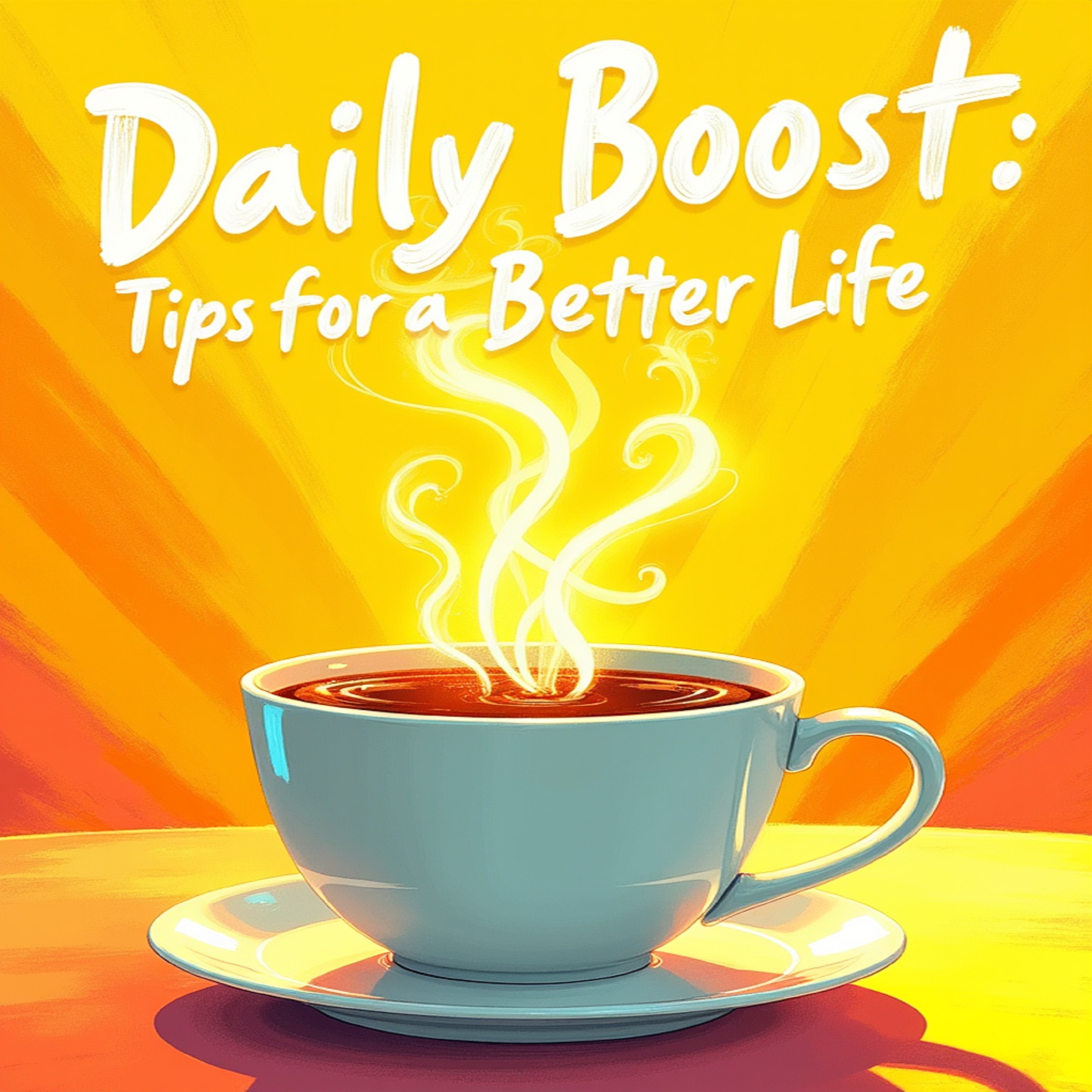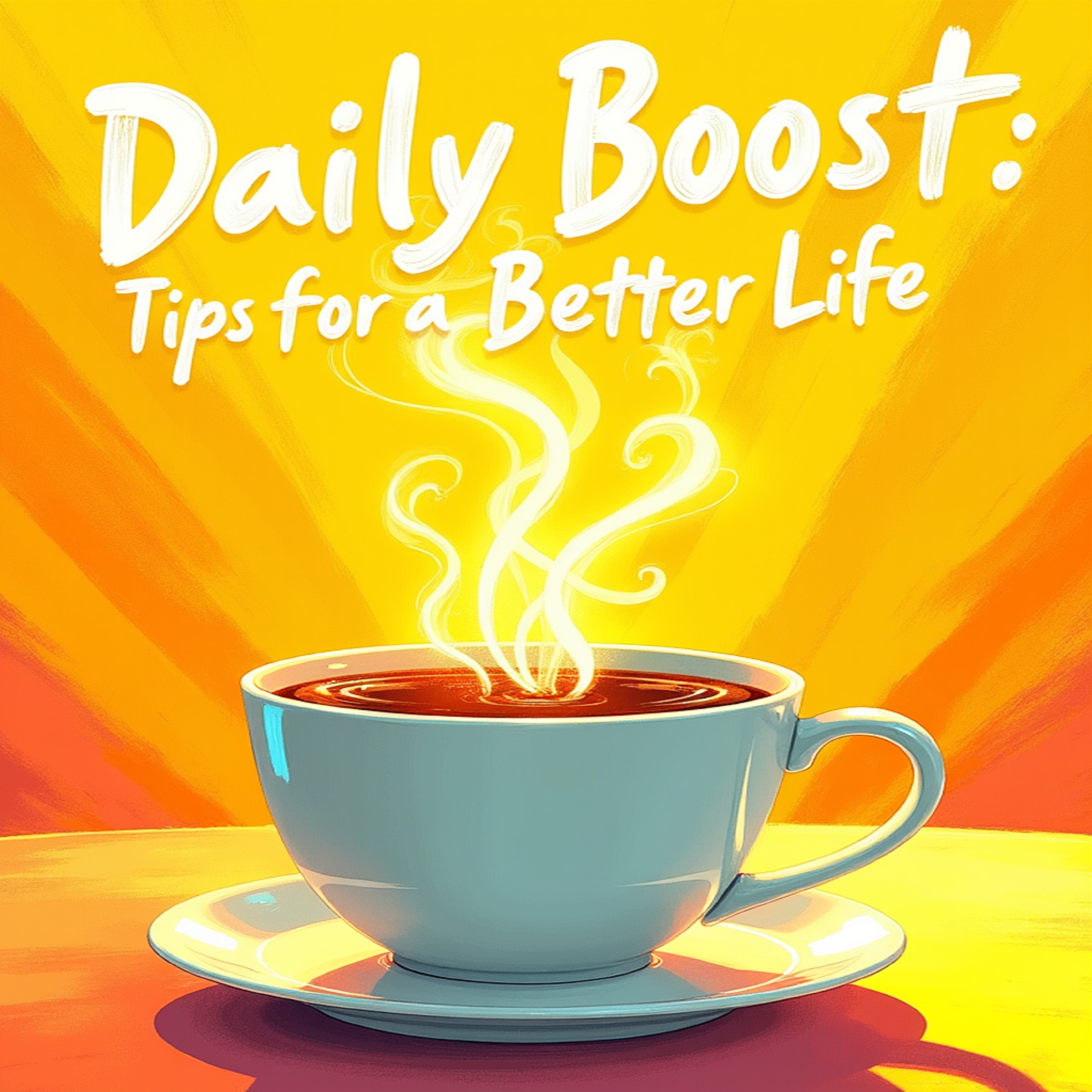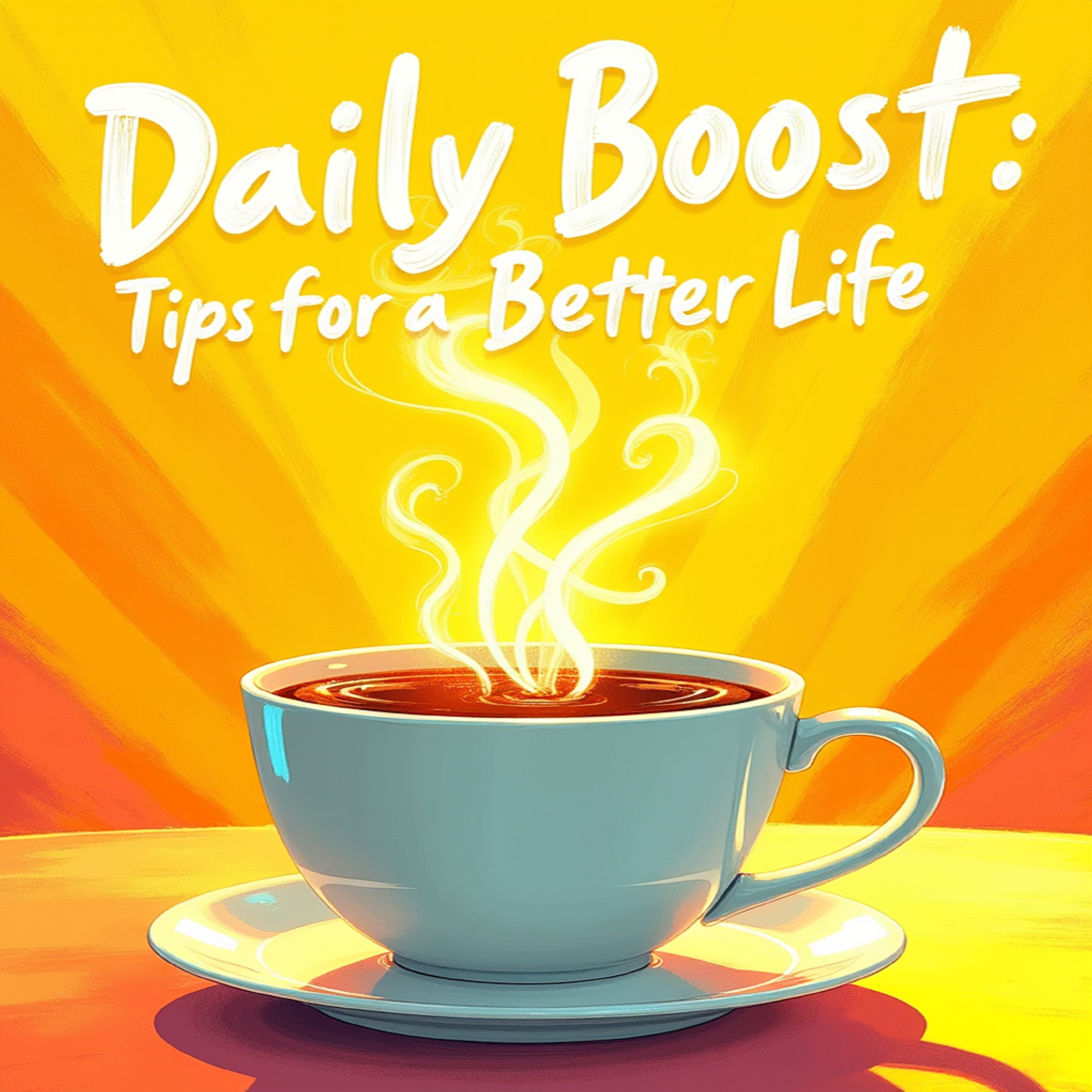This episode explores how late-night screen use — even when we think it’s “relaxing” — actually keeps the brain overstimulated, delays melatonin production, and makes it harder to fall asleep peacefully. While the body may be lying in bed, the mind is still processing notifications, news, and endless scrolling.
The solution isn’t extreme — it’s simply creating a screen-free buffer before sleep. By putting devices away 20–30 minutes before bed and replacing them with calm rituals like stretching, deep breathing, journaling, reading, or silent resting, the brain finally receives the signal that it’s safe to slow down.
Takeaway:
Rest doesn’t begin when the lights go out — it begins when you disconnect from noise. A simple nightly digital detox allows you to trade overstimulation for peace, and exhaustion for true restoration.

In this episode of Daily Boost: Tips for a Better Life, we explore the power of music in transforming your mornings. Music is scientifically...

This episode introduces box breathing, a simple, four-step technique used by athletes, first responders, and even Navy SEALs to quickly reduce stress and restore...

This episode introduces a quick yet powerful three-question gratitude practice designed to shift perspective and foster positivity at the end of each day. Gratitude...